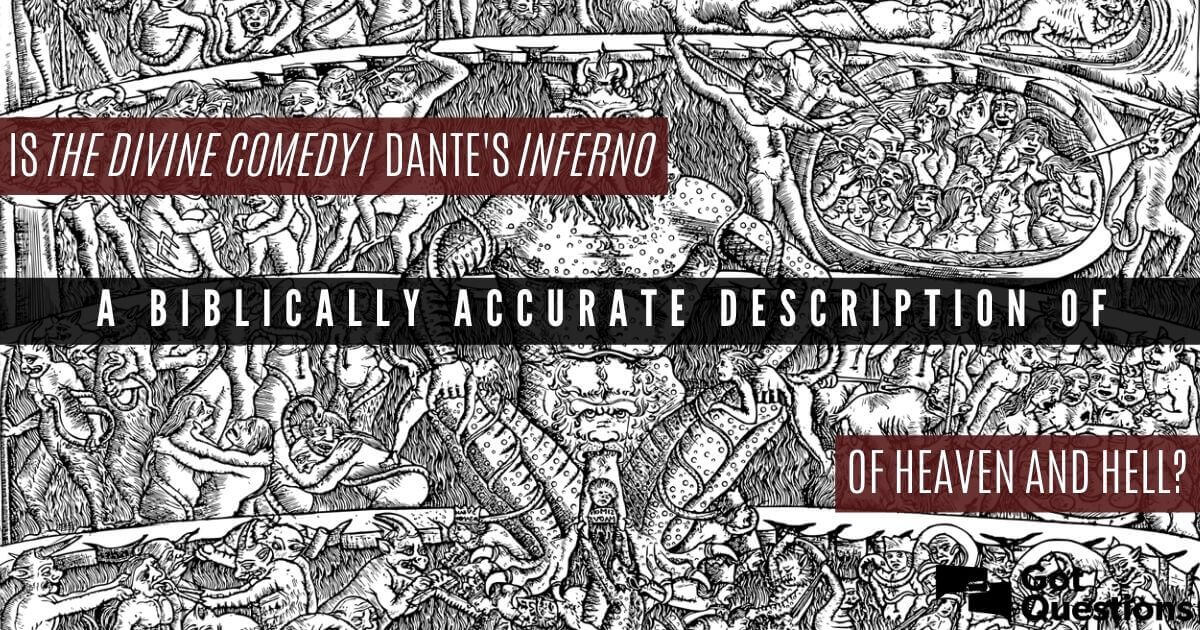Well, like Frank, you're dancing around my questions. Please answer them:The cancer may be the cause of your death but it does not cause you to go to hell. Your attitudes, behaviour, character etc. are the determinative factor in your eternal destination.Are other Christians ashamed of it? And since you're not ashamed of your belief in hell, would you have told Eddie that his Jewish mother went to hell?I am neither proud nor ashamed of it.
It isn't true. So let's discuss if Christian apologists are too ashamed of their belief in hell to tell people that their non-Christian deceased loved-ones are there in hell.Either it is true or it is not.
And while we're at it, I may have cancer. If it kills me, then will I go to hell?
Concerning Eddie's mother - You seem to put a great store of telling truth as do I. So if I was asked about where his mother went I would say so.
Since you're not ashamed of your belief in hell, would you have told Eddie that his Jewish mother went to hell? Yes or no--why or why not?
I may have cancer. If it kills me, then will I go to hell? Yes or no--why or why not?



